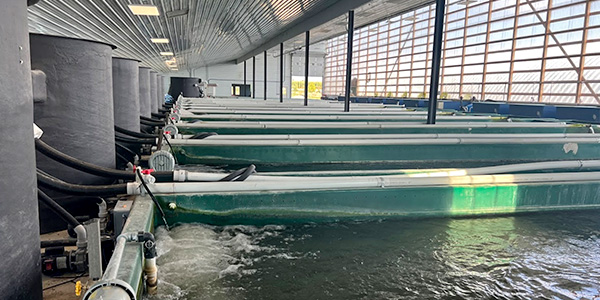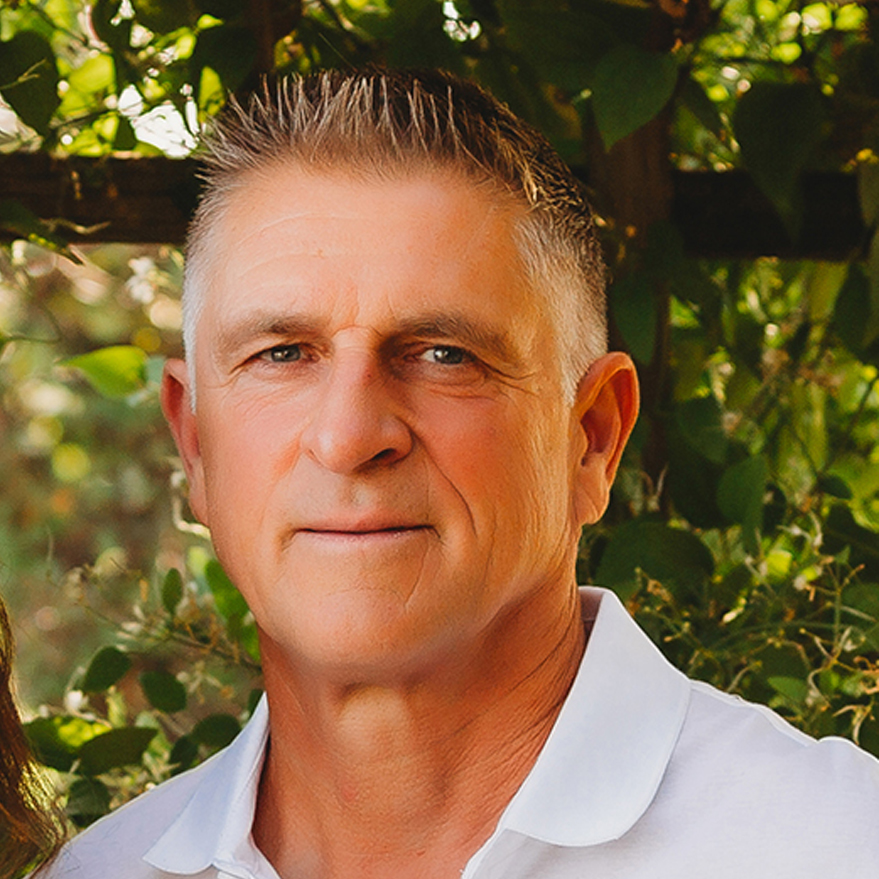As Koi hobbyists we’re all searching for the newest, latest and greatest, thing to make, and keep our pets healthy. We go out and buy the newest, latest and greatest, product and treat our pond. Then, we’d like to forget about Koi health until the next crisis develops. Sound familiar?
Preventative Koi Care: Keeping Your Fish Healthy
My philosophy on Koi health is simple; Preventative Maintenance. I developed this philosophy at a young age. To this day I still recall my high-school Shop & Auto Mechanic teacher, Mr. Heining’s, sincere pledge, "Preventative maintenance, preventive maintenance, and preventive maintenance!" As a student I heard these words every single day during my high-school years. It’s the same with our Koi. We must prevent parasites on a regular basis. Don’t wait until your favorite fish is flashing and rubbing on the edge of the pond, or even worse. Prevent parasites, prevent parasites, and prevent parasites!
Koi Parasites
In my fish experience, which is over 40 years, I’ve fought many battles with fish disease and fish parasites. Most of the time I win, but occasionally the disease and parasites prevail. As a dog or cat owner we regularly worm our family pets against internal and external parasites. The pet gets vaccinations on a regular schedule, too. So, as a fish owner, why should our fish-husbandry be any different? Why treat the pond if my Koi don’t have a problem, you might ask? Don’t you change the oil in your vehicle as maintenance, or vaccinate the family pet to prevent health problems?
KHV: A Serious Threat to Koi
KHV (Koi Herpes Virus) is a highly contagious and deadly viral disease that can devastate a koi population. While there is no current cure, early detection and preventative measures can help minimize the risk of outbreaks. Regular water quality testing and maintaining a healthy koi immune system are essential for KHV prevention.
Regular Cleaning & Maintenance
When we treat our ponds, the products used generally kill most of the parasites and parasite larvae. But, many times there remain a few parasites that have burrowed under your Koi's slime coat. They are as happy as a ‘bug-in-a-rug’ when you treat your pond. They are safe and sound under that slime coat. And soon, they’re going to make babies! Lots of new tiny little feeding and breeding parasites. Just because you killed the parasites today doesn’t mean your Koi won’t become subject to a new batch of parasites tomorrow!
Pond owners should treat for parasites on a regular schedule. Many parasites are only visible under a microscope. If you have ever looked at a fish parasite under a microscope they’re quite fascinating. Weird little organisms, some are kind of cute. Have you ever seen a fish~louse with a 10x power lens? They have funny little faces… but a large and cruel intention. They have found your Koi, and it is a perfect host. It’s scary how much damage can be caused by something we can’t even see with our own eyes.
All parasites have a common goal; Feed & Breed!
Keeping your koi healthy requires knowledge and proactive care. Here are some frequently asked questions to address common concerns:
Koi Health FAQs: Keeping Your Fish Thriving
- What is the most important aspect of koi health?: While a balanced diet and good water quality are essential, **preventative maintenance** is paramount. Regularly treating for parasites and maintaining a healthy immune system helps prevent disease outbreaks.
- How often should I treat my pond for parasites?: Ideally, treat your pond for parasites **several times a year**. Consult a koi specialist or veterinarian for a specific treatment plan based on your pond and fish.
- What are some signs of a sick koi?: Look out for changes in behavior (flashing, rubbing, lethargy), loss of appetite, abnormal swimming patterns, and physical signs like cloudy eyes, popeye, or ulcers.
Parasites and Diseases
- How can I tell if my koi have parasites?: Microscopic examination is often necessary for definitive diagnosis. However, some visible signs include flashing, rubbing, and white spots on the body.
- What are some common koi diseases?: Common diseases include bacterial infections, parasites like Ich and flukes, and viral diseases like KHV.
- How can I prevent koi diseases?: Maintain good water quality, provide a balanced diet, and treat for parasites regularly. Quarantine new fish before introducing them to your pond.
KHV (Koi Herpes Virus)
- What is KHV?: KHV is a highly contagious and deadly viral disease that affects koi.
- Is there a cure for KHV?: Currently, there is no cure for KHV. However, early detection and preventative measures like maintaining good water quality and a healthy koi immune system can minimize the risk of outbreaks.
- What should I do if I suspect KHV in my pond?: Isolate any suspected fish immediately and contact a koi specialist or veterinarian


